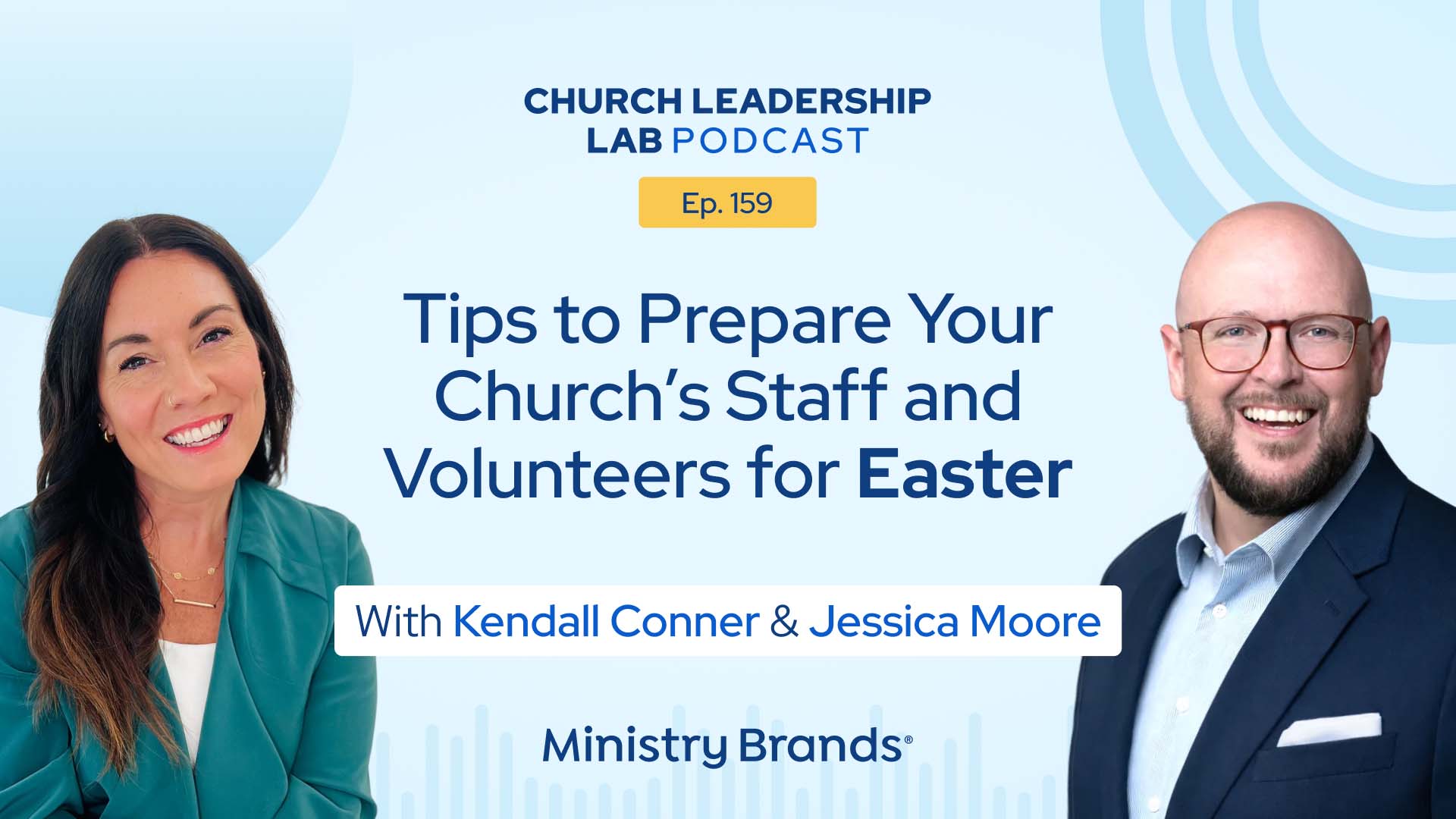9 Different Types Of Donations For Nonprofit And Churches
Types of donations for churches and nonprofits are the different ways that people and groups are able to support community projects, charities, and religious institutions by giving money or other valuable things. These gifts help keep the business going, pay for missions, help people in need, and reach out to more people.
The 9 types of donations for nonprofit and churches are listed below.
- One-Time Donations: A one-time donation is a one-time gift given to a church or nonprofit, usually for a specific cause or fundraising effort. These are often given out at events, holiday drives, or to help with disaster aid.
- Recurring Donations: Donations that are made on a regular basis, like once a week, once a month, or once a year, are called recurring donations. Recurring gifts are a reliable way for churches and nonprofits to keep their programs and services going.
- In-Kind Donations: In-kind donations are gifts that are not money, like food, clothes, tools, or services that help a group meet its needs. For instance, a church gets free sound tools for services or a nonprofit might get free legal help.
- Memorial Donations: Memorial donations are gifts given in honor or memory of a loved one to help a cause that was important to them. There are many memorial funds set up by churches and charities where people provide money to honor someone who has died.
- Planned Gifts: Planned gifts are donations that are set up ahead of time with tools like wills, trusts, or life insurance plans. Donors are able to leave a lasting impact on the world through these gifts, which help churches and nonprofits in the long run.
- Legacy Donations: Legacy donations are a way to give to a group in a planned way by leaving assets or money as part of the estate. Donations left as a legacy help build endowments, pay for future projects, or support the church's purpose after the donor dies.
- Stock Donations: Donations of stocks, bonds, or mutual funds are called stock donations. The giver usually gets tax breaks for these gifts. Churches and nonprofits are able to sell these things and use the money to pay for their services.
- Crypto Donations: Crypto Donations are gifts of digital cash like Bitcoin or Ethereum that are given to charities or churches. Some groups are able to get tax breaks from these donations, and they let them reach more tech-savvy donors.
- Physical Property Donations: Property donations are gifts of real estate, land, or valuable things like cars that a church or group wishes to utilize, sell, or rent to make money. Someone gives a church a building so it is able to be used as a community center.
1. One-Time Donations
One-time payments are one-time gifts given to a church or nonprofit organization for a specific event, cause, or to show support in general. They are there to help with money right away, usually during fundraising efforts, emergencies, or special projects. Donations like these are very important because they help groups pay their bills, start new projects, or meet urgent needs. Donors are able to provide a set amount through a number of different channels, such as cash, checks, online transfers, or mobile giving apps. For instance, to help families impacted by a natural disaster, a donor is able to contribute $100 to a church's disaster relief fund.
2. Recurring Donations
Recurring donations are planned gifts that are made on a regular basis, like once a week, once a month, or once a year, to help churches and nonprofits in the long run. The goal of recurring giving is to give organizations a steady flow of income that helps them make good spending decisions. Recurring kind of donation is important because it helps keep programs, missions, and community services going. Donors are able to set up regular payments with recurring donations guide through credit cards, direct bank transfers, or websites that let people give money. For instance, a contributor promises $50 a month to support a church's food bank for the underprivileged.
3. In-Kind Donations
In-kind donations are non-monetary offerings of products or services, such as food, clothing, medical equipment, or specialist knowledge. Their goal is to help churches and groups cut costs so they are able to utilize their money for other things while still getting beneficial help. In-kind donations are important because they directly meet needs, like feeding the homeless or giving tools to community groups. They work because donors give groups things or services that they can use or give out. For instance, when a bakery gives extra bread to a church's soup kitchen, it helps feed people who are hungry.
4. Memorial Donations
Memorial donations are gifts given to support a cause that was important to a person who has died. They are made in honor or memory of that person. Their goal is to honor someone forever while helping a church or nonprofit's cause. Donations like these are important because they let people honor the life of a loved one while helping a good cause. They get money from individuals who name a program, set up a scholarship, or give money to the organization. One example is a family giving $500 to a church to set up a grant fund for needy students in honor of a loved one.
5. Planned Gifts
Planned gifts are donations that are set up ahead of time as part of someone's financial or estate planning. They usually go into effect after the giver dies. The goal of planned giving is to help a church or nonprofit organization get long-term financial support while giving the giver tax breaks. These planned gifts are important because they help groups build endowments and make sure they have money for projects in the future. They get money from people who name a charity as a beneficiary in their will, trust, or life insurance policy. For instance, a donor leaves a portion of their estate to a church so that it continues to fund its goals.
6. Legacy Donations
A legacy donation is a type of planned giving in which a donor leaves money, real estate, or other valuables to a church or nonprofit organization as part of their estate plan or will. The goal of leaving a legacy is to make an effect that lasts and provide an organization with financial security after the donor dies. Legacy donations are important because they help pay for long-term projects like building repairs, scholarships, and community events. They work because the donor gives a gift from their estate to the charity, which gets the gift after the giver dies. For instance, a church gets a $100,000 gift to help it grow its outreach projects.
7. Stock Donations
Stock donations are made by providing shares of stocks, bonds, or mutual funds to a nonprofit or church rather than cash. Giving money to a group through these types of accounts is supposed to help donors avoid paying capital gains taxes and get tax breaks. These gifts are important because they give donors another way to give that is often less tax-expensive while still raising money for the organization. They work because the donor gives the group ownership of the stock, which is then sold to make money. For instance, rather than submitting a check, a benefactor donated $10,000 in company stock to a church.
8. Crypto Donations
Crypto donations are payments made with digital currencies such as Bitcoin, Ethereum, or other cryptocurrencies. Their goal is to let modern donors who are good with technology give money to churches and groups using decentralized assets. These gifts are important because they tend to increase in value, save the money on taxes, and encourage younger people to give to charity. They make money by sending cryptocurrency to the company, which then trades it or turns it into cash. One example of a donation is 0.5 Bitcoin given to a church to help it with its charity work.
9. Physical Property Donations
Physical property donations are when a donor give a nonprofit or church tangible assets like real estate, vehicles, or expensive objects. Their goal is to help groups for a long time by giving them things they can use, sell, or rent to make money. These gifts are important because they are capable of significantly expanding an organization's resources without asking for direct cash payments. They work by giving the charity ownership of the land. The charity then decides how to best use or sell it. For instance, someone gives a church a house that it is either used for ministry living or sells to raise money for community projects.
What Is A Donation?
A donation is an unrequited, voluntary gift of cash, products, services, or assets made to a church, nonprofit, or charity organization. Donations are meant to help communities in need, support causes, and pay for important projects. Fundraising groups that depend on donations to stay open and help people need donations to stay alive. They keep the economy stable, help it grow, and support efforts to have a positive social effect. Donations, whether in the form of cash, goods, or planned gifts, make a big difference in how well churches and groups are doing their jobs.
How To Choose A Type Of Donation To Donate?
To choose a type of donation to donate, think about the budget, the charitable goals, and the organization's needs. A one-time cash gift is best if opting to make an impact right away. Recurring donations, on the other hand, help in the long run. Giving goods or professional skills as gifts is a great way to help organizations that need specific things. Giving planned gifts or stock provides financial security for years to come if opting to leave a lasting memory. Figuring out the best way to give depends on the personal preferences, tax benefits, and the nonprofit's goal.
How Do Donations Affect Nonprofit Organizations?
Donations affect nonprofit organizations because they provide the money they need to run their programs, provide services, and cover their running costs. Donations help churches hold meetings, reach out to the community, and do missionary work. Donations of money help nonprofits reach more people, provide better services, and handle situations. Donations of goods or services cut costs, which lets groups use the money for other things. Regular gifts help nonprofits plan for the future by making their finances stable. Many charitable groups are going to have a hard time continuing their work and helping their communities without gifts.
Can Nonprofits Make Donations To Other Nonprofits?
Yes, nonprofits can make donations to other nonprofits unless the donation fits with their goal and is used for good. Groups often work together by giving money, skills, or other resources to projects or goals they both care about. However, these deals have to follow tax laws and rules for nonprofits to make sure they do good things for charity and do not give too many private perks. For instance, a church gives money to a disaster rescue organization to help with its work.
How Can Ministry Brands Assist With Donation Different Types Of Donations?
Ministry Brands can assist with different types of donations by giving churches and nonprofits safe and flexible ways to give. Their platforms make it easy for organizations to keep track of and handle donations, making sure that accurate records are kept for financial transparency. Online and mobile giving tools from Ministry Brands make it easy for people to give one-time, recurring, or in-kind gifts. They help with planned giving strategies and making sure that tax rules are followed, which makes sure that both donors and organizations get the most out of charity gifts. Ministry Brands helps churches and nonprofits raise more money by making it easier for donors to get involved and by streamlining the giving process.




